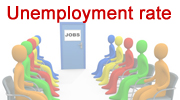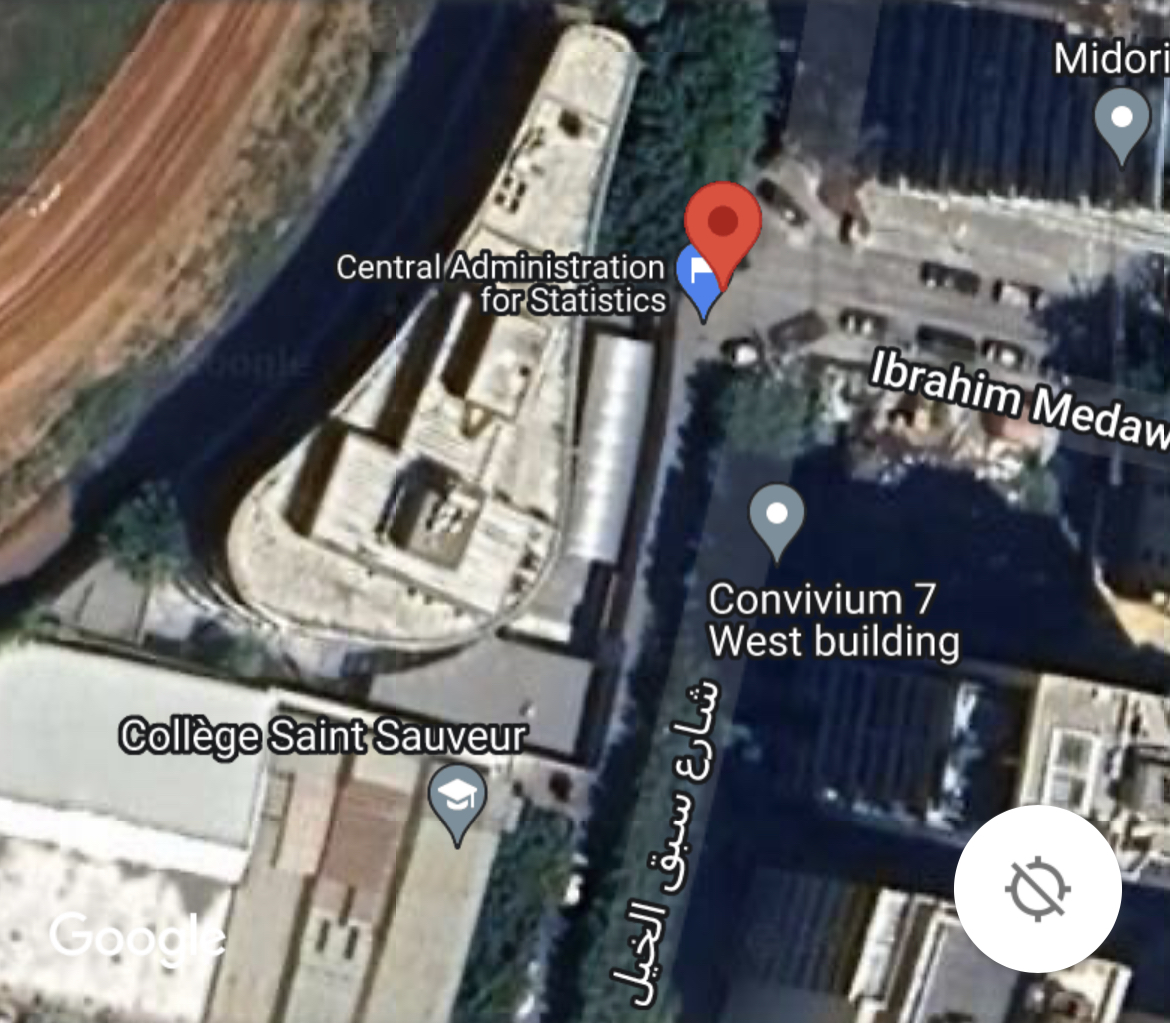Key Indicators
|
Estimated population: 4,842,000 in 2018 The population of Lebanon for mid-2018 was estimated at around 4.842 million people, excluding people living in nonresidential units, such as army barracks, refugee camps and adjacent gatherings, and informal settlements. Source: Labour Force and Household Living Conditions Survey (LFHLCS), 2018-2019.
Estimated population: 3,759,100 in 2007 This is an estimated figure for the resident population in Lebanon in 2007, according to the Living Condition Survey result, which was based on 6686 interviewed households in Lebanon. This figure doesn’t take into account the Palestinians living within Palestinian camps. Source: Living Condition Survey, 2007. |
 |
|
The Employment-to-Population Ratio is the employed percentage of the working-age population (15 years and above)
Employment-to-Population Ratio is 30.6% in 2022
Source: Lebanon Follow-up Labour Force Survey January 2022
Employment-to-Population Ratio is 43.3% in 2018-2019 Source: Labour Force and Household Living Conditions Survey 2018-2019
|
 |
|
The Unemployment rate represents the unemployed percentage of the labour force (employed + unemployed aged 15 years and above)
Unemployment rate in 2022 is 29.6%
Source: Lebanon Follow-up Labour Force Survey January 2022
Unemployment rate: 11.4% in 2019 Source: Labour Force and Household Living Conditions Survey 2018-2019
|
 |
|
The Annual Inflation rate in 2025 is 14.80%
The Annual Inflation rate in 2024 is 45.24%
The Annual Inflation rate in 2023 is 221.3%
The Annual Inflation rate in 2022 is 171.2%
The Annual Inflation rate in 2021 is 154.8%.
The Annual Inflation rate in 2020 is 84.9%.
The monthly Change between December 2025 and November 2025 is 0.01%
The inflation rate is defined as the percentage of change in the prices of goods and services calculated on a monthly basis. Source: Consumer Price Index, 2025. (PDF Format - Excel Format)
|
 |





